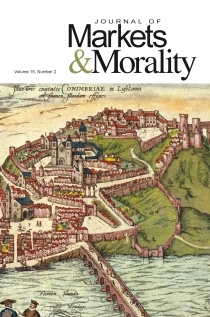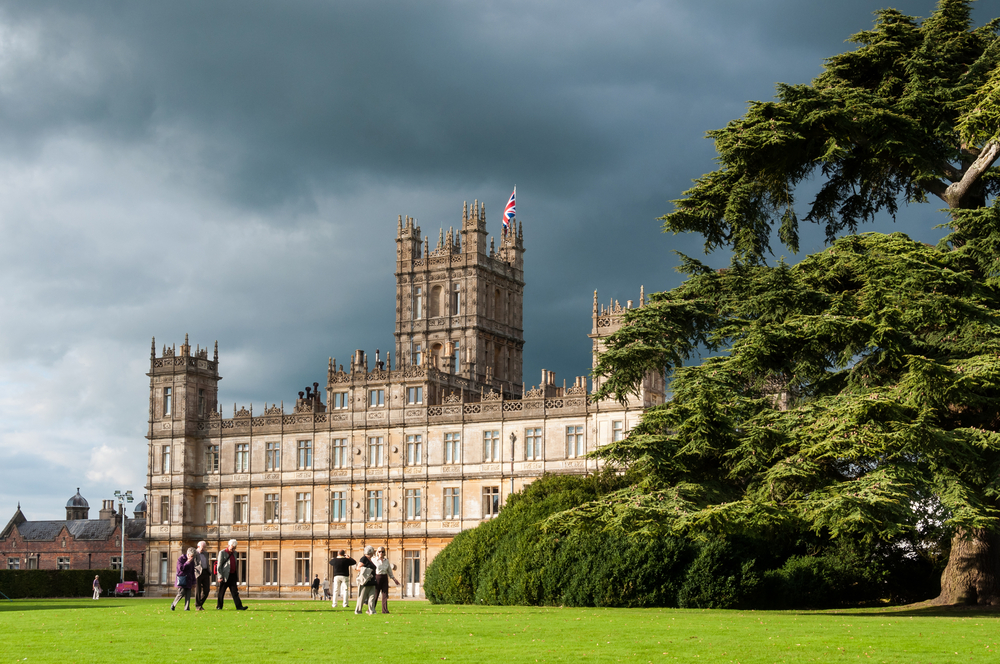February 19, 2013
February 12, 2013
Audio: Samuel Gregg Discusses ‘Becoming Europe’ on the Georgene Rice Show
February 12, 2013
Pope Benedict: The Capitalist System is Virtuous
February 08, 2013
A Rapidly Expanding ‘Sindustry’
February 08, 2013
Northern Ireland: Coming to America?
February 08, 2013
Economics Has Consequences
February 07, 2013
New Issue of the Journal of Markets & Morality (15.2)
The newest issue of the Journal of Markets & Morality has been published. The issue is available in digital format online and should be arriving in print in the next few weeks for subscribers. Continue Reading...
February 01, 2013
Civil Society and Social Eco-System: Seeking Solutions Beyond Market and State
January 31, 2013
Departing in Peace: Economics and Liturgical Living
January 23, 2013
The economics of Downton Abbey
The wildly-popular BBC production, “Downton Abbey” has offices buzzing on Monday mornings. Like the “Upstairs, Downstairs” of old, “Downton” provides the viewer with two distinct lifestyles in one house: that of Lord and Lady of the manor and of the staff that runs the place. Continue Reading...

